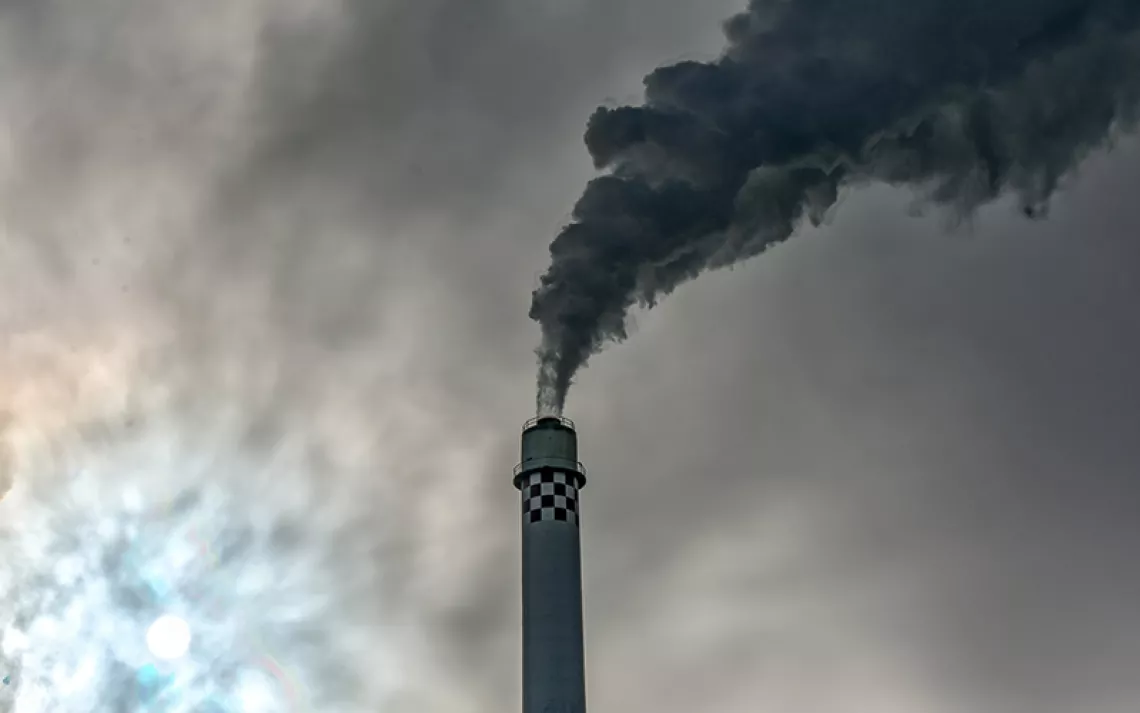ICYMI: Uranium Canyon, Virus Exploiters & Carnivorous Sponges
A weekly roundup for busy people

Illustration by Peter Arkle
A federal judge opens the door to a uranium mine six miles south of the Grand Canyon.
COVID-19 deaths in the United States surpass 100,000. Worldwide, more than 358,000 people have died from the disease; it is now the world's leading cause of death.
The energy minister of Alberta, Canada, tells an industry group that this is a good time to build tar-sands-oil pipelines because coronavirus restrictions limit gatherings of protesters to 15 people.
Brazil's environment minister, Ricardo Salles, tells far-right president Jair Bolsonaro that he should take advantage of the coronavirus pandemic to get rid of environmental regulations.
In Brazil's Amazon region, illegal miners and loggers are bringing coronavirus into isolated Indigenous areas, killing at least 40 people thus far.
A Chinese survey team makes 2020's first and possibly only ascent of Mt. Everest in an effort to measure the mountain's current height.
Late May temperatures hit 80°F above the Arctic Circle, 36° higher than normal for this time of year.
A federal judge rules that California can pursue climate litigation against fossil fuel companies in state court, where its chances of success are far better than at the federal level.
Unlike other oil companies, ExxonMobil declines to set target dates for cutting its greenhouse gas emissions.
In 2019, for the first time since 1885, the United States used more energy from renewable sources than from coal.
Thus far in 2020, US energy companies have announced the closure of 13 coal-fired power plants, with another two being converted to gas.
DNA from Neanderthals is linked to higher fertility in modern humans.
A woman walking her dog off-leash in New York City's Central Park calls the police on an African American birder, falsely claiming that he was threatening her.
Bumblebees can force plants to flower early by biting their leaves.
Someone is posting fake advisories warning hikers at Washington State's popular Tiger Mountain area about "murder hornets." The Asian giant hornet has not been spotted in the state this year.
The EPA is considering a new class of pesticides to deter deer, elk, moose, and rabbits, the active ingredient of which is sheep fat.
Seventeen new species of carnivorous sponges are discovered in the deep ocean off Australia.
Methane from leaking underground gas pipelines in US cities is killing trees.
Japan's Toba Aquarium confirms that its giant isopod has defecated for the first time in two years.
 The Magazine of The Sierra Club
The Magazine of The Sierra Club



